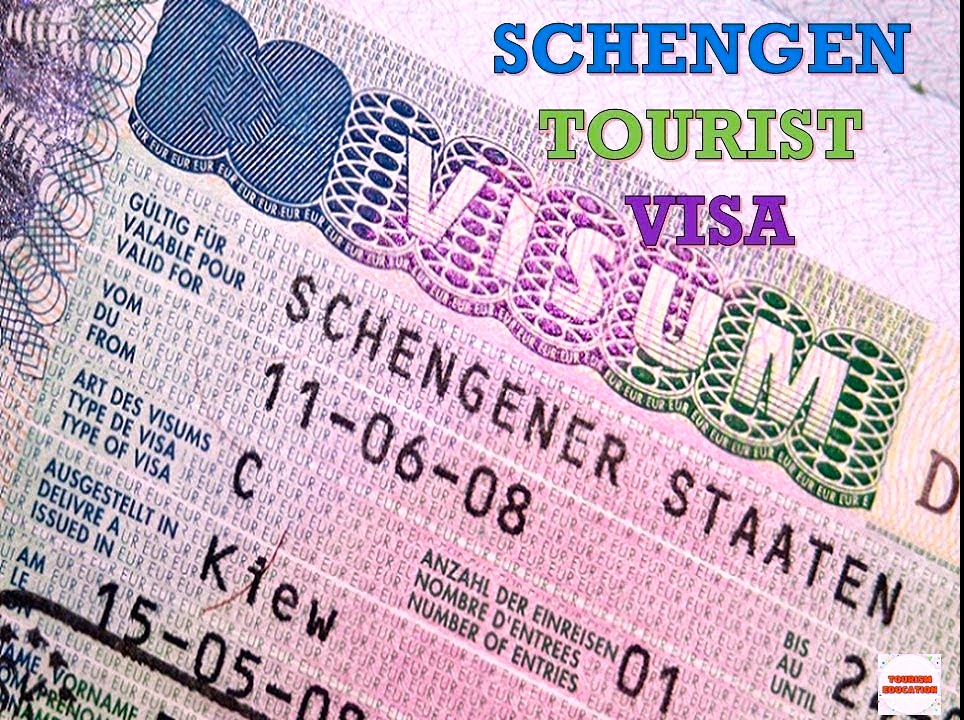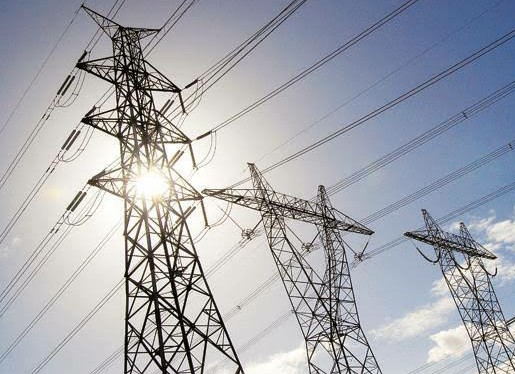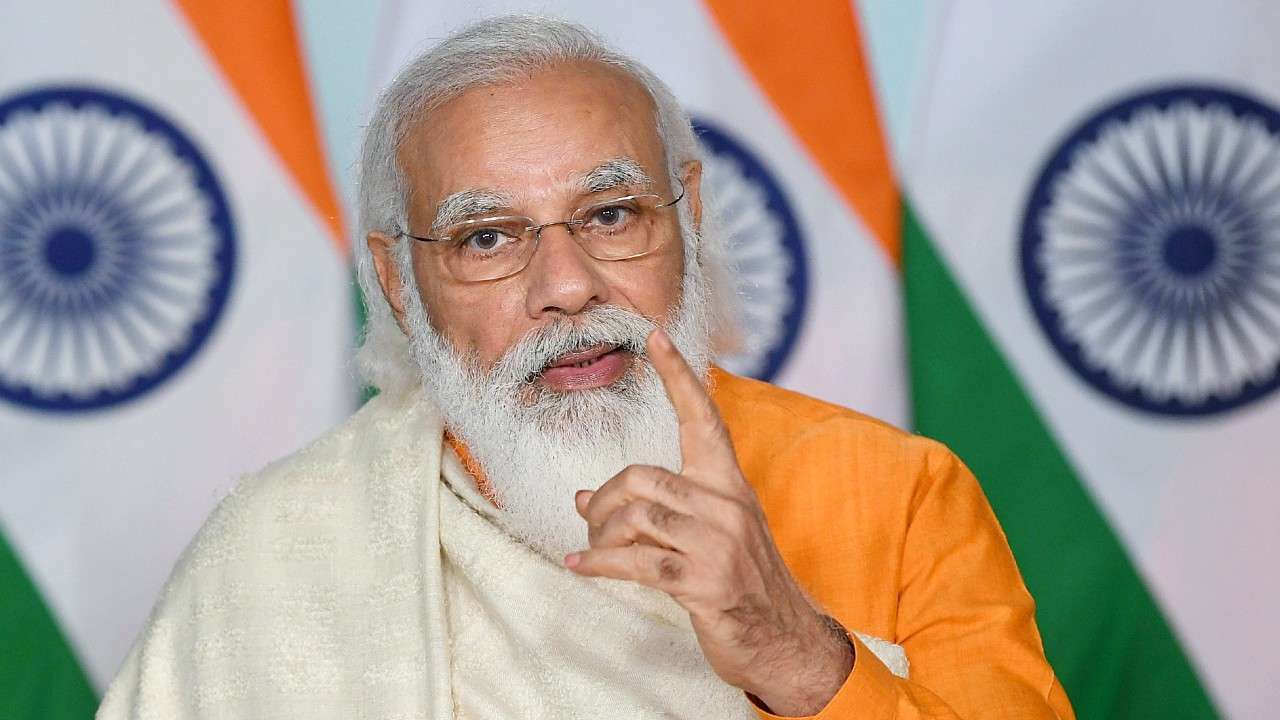By Mewati Sitaram
It’s a moment to cherish for Indian tourists who are frequent flyer to European counties but didn’t get long term Schengen Visa. In a bold decision, the European Union (EU) has announced new visa rules that will make travel easier for frequent travellers from India. It allows Indian nationals to apply for multiple-entry Schengen visas with longer validity, granting access to 29 European countries. The European Commission adopted these specific rules on issuing multiple-entry visas to Indian nationals on April 18. EU Ambassador Herve Delphin announced this development in a post on X on Monday.
EU Ambassador Herve Delphin said “Travel to Europe made easy! [EU] takes another step towards enhancing people-to-people contact with India. New Schengen visa regime gives frequent travellers access to multi-year visa (up to 5 y.) Europe delivers on the partnership!” Delphin said in his post.
As per the statement issued by EU “Schengen visas allow the holder to travel freely in the Schengen area for short stays of a maximum of 90 days in any 180-day period. The visas are not purpose-bound, but they do not grant the right to work. The Schengen area consists of 29 European countries (of which 25 are EU states)”.
The new visa rules are considered more favourable than the standard Schengen visa code. They allow Indian nationals residing in India to be issued long-term, multi-entry Schengen visas valid for two years after they have obtained and used two visas within the previous three years. Subsequently, if the passport has sufficient remaining validity, a five-year visa may be issued.
According to the statement, during the validity period of these visas, holders enjoy travel rights equivalent to visa-free nationals. This decision comes in the context of strengthened relations under the EU-India Common Agenda on Migration and Mobility, which seeks comprehensive cooperation on migration policy between the EU and India. The common agenda also aims to facilitate people-to-people contacts due to the importance of India as a partner for the EU.
The EU states covered by the Schengen area are Belgium, Bulgaria, Croatia, Czech Republic, Denmark, Germany, Estonia, Greece, Spain, France, Italy, Latvia, Lithuania, Luxembourg, Hungary, Malta, Netherlands, Austria, Poland, Portugal, Romania, Slovenia, Slovakia, Finland and Sweden.
Additionally, countries that are not members of the European Union but are members of the Schengen area include Iceland, Liechtenstein, Norway, and Switzerland, which are part of the European Free Trade Association.

Editor in Chief : Mewati SItaram











